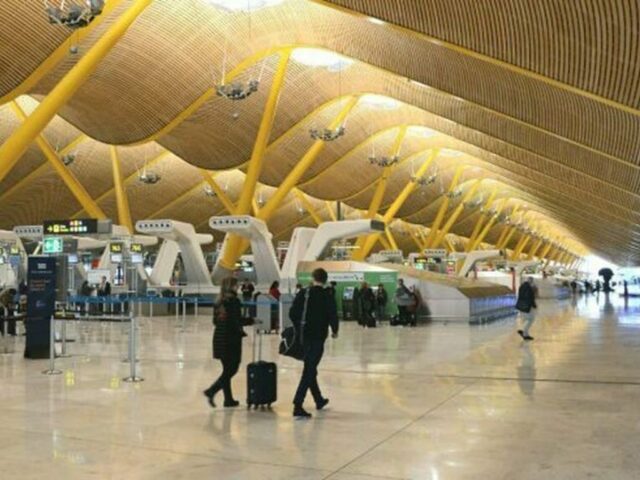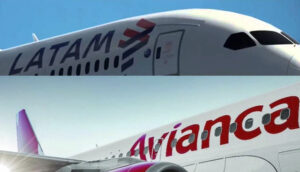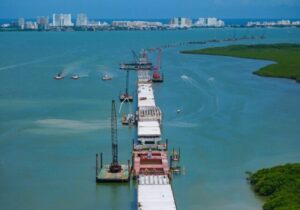

Iberia’s plan to absorb Air Europa to become the only major operator in Madrid would have meant an easier connection to Asia for Latin America.
With its failed integration with Globalia, IAG’s airline intended to transform its Madrid hub into one of similar size to those of Paris-Charles de Gaulle and Frankfurt, in order to serve as a bridge between the American and Asian continents.
No European airport has as many direct routes to major Latin American cities as Adolfo Suárez-Barajas, so Iberia’s focus was on using Air Europa’s fleet to expand routes to Asia.
However, Denmark’s Margrethe Vestager has condemned Spain with her decision to keep the country’s main airport, Barajas, as a second-class hub compared to Paris and Frankfurt.
This is a result of its determination that its two largest airlines cannot merge, as revealed by Preferential (Iberia informs Brussels that it is giving up on the purchase of Air Europa).
The European Commissioner for Competition since 2014 and former Deputy Prime Minister of her country has twice blocked the Adolfo Suárez Madrid Airport from having a giant with a share of close to 60 percent.
However, in his decade in Brussels he has done nothing to reverse a similar dominance in the main hubs of Germany in the case of Lufthansa and France in the case of Air France.
In Iberia’s second attempt to absorb Air Europa, Margrethe Vestager asked for more concessions to approve the merger, but once these demands were met, she again hid behind higher fares, especially in business class, and worse after-sales service.
However, the comparison with the Danish commissioner’s approval shortly before the absorption of the Italian airline ITA by Lufthansa is not comparable, since in Rome it does not mean the integration of the former with the latter airline.
Vestager, however, condemns Barajas to an eternal duopoly in which two airlines swallow each other up, limiting competition to a regional and not continental scope such as that of the ‘hubs’.
And although during the first or second year of a merger there could be abuses, the market would see gaps and in a short time would offer routes and products.
The eternal war to which Brussels has condemned Barajas between Iberia and Air Europa is based on the fact that Globalia, thanks to having the State as a creditor and possibly as a shareholder, will hardly ever suffer a fatal outcome if its accounts turn upside down, amid a financial balance sheet already at its limit.
Air Europa boasts that it can continue on its own, especially with the current extraordinary prosperity and with the guarantee of credibility provided by Jesús Nuño de la Rosa and Richard Clark, but it also admits that it is not “untouched by the instability of certain markets or by delays in the delivery of new aircraft.”
Luis Gallego has fought for five years to ensure that IAG achieves in Madrid what British Airways enjoys in London-Heathrow, but today the scenario seems less hopeful than in 2019.
This is because, after two attempts, any possibility of Spain becoming equal to the powers with a large hub is now buried, and in addition, with its second airline protected by having the State as the main bearer of its liabilities, whether in debt or capital.
Hardly any politician would dare to let Air Europa fail, even with the option of it becoming a ‘zombie’, but protected and outside of market logic, with public money involved and without any government willing to assume thousands of layoffs.




